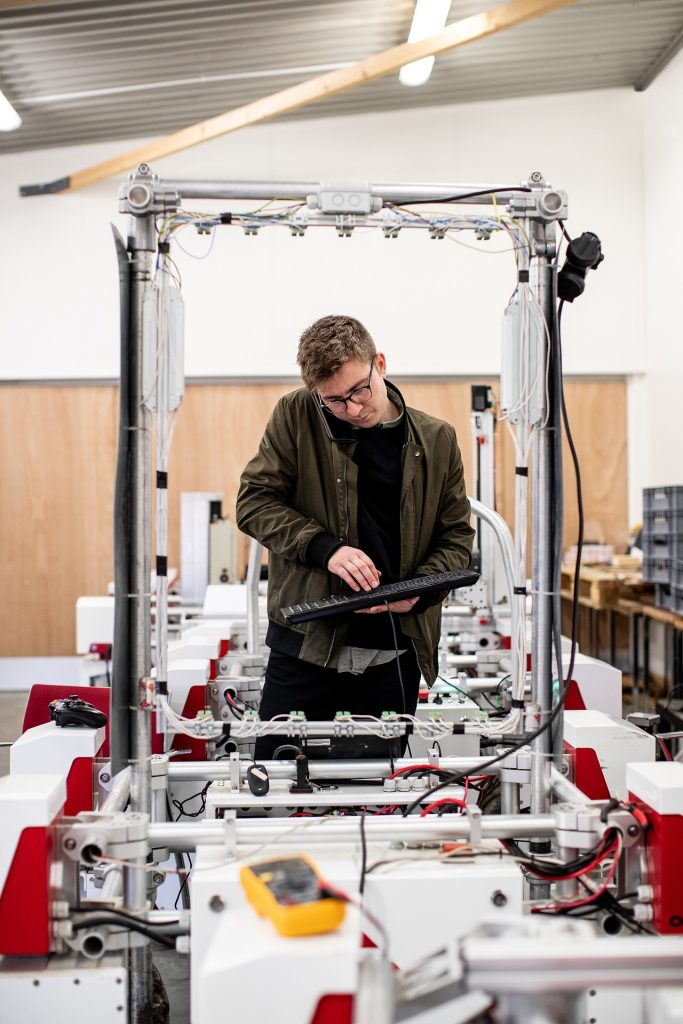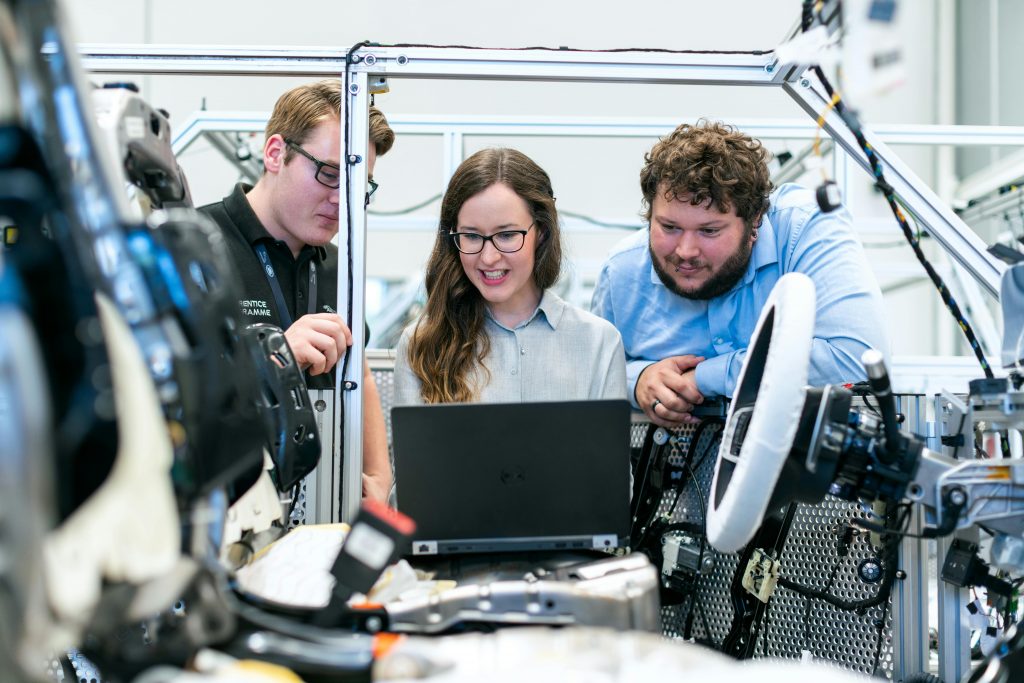
In industrial automation, embedded computing, and specialized equipment development, hardware-software integration remains one of the most challenging technical aspects. When systems require custom functionalities, performance optimization, or deployment across multiple platforms, common technical challenges include:
APIs provide a standardized set of commands that allow applications to control devices, retrieve data, or adjust system parameters.

Generic APIs often fail to meet the unique demands of industrial and embedded applications. Portwell offers custom APIs specifically designed to optimize performance and ensure stability across various hardware and operating system environments.

By providing standardized interfaces, APIs reduce development and maintenance complexity, ensuring flexibility and compatibility for future system upgrades.

Industrial automation, embedded systems, and specialized hardware development require seamless hardware-software integration. Custom APIs ensure optimal operational efficiency, system stability, and scalability.
Choosing Portwell hardware provides access to custom API solutions, ensuring that hardware and software adapt seamlessly to diverse applications while maintaining long-term stability and compatibility.